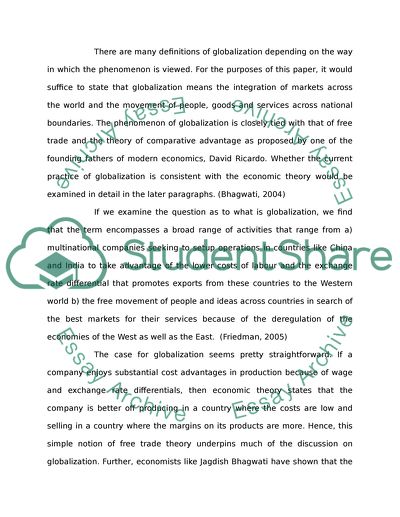Cite this document
(“Multinational businesses Essay Example | Topics and Well Written Essays - 2500 words”, n.d.)
Retrieved from https://studentshare.org/environmental-studies/1409877-multinational-businesses
Retrieved from https://studentshare.org/environmental-studies/1409877-multinational-businesses
(Multinational Businesses Essay Example | Topics and Well Written Essays - 2500 Words)
https://studentshare.org/environmental-studies/1409877-multinational-businesses.
https://studentshare.org/environmental-studies/1409877-multinational-businesses.
“Multinational Businesses Essay Example | Topics and Well Written Essays - 2500 Words”, n.d. https://studentshare.org/environmental-studies/1409877-multinational-businesses.


